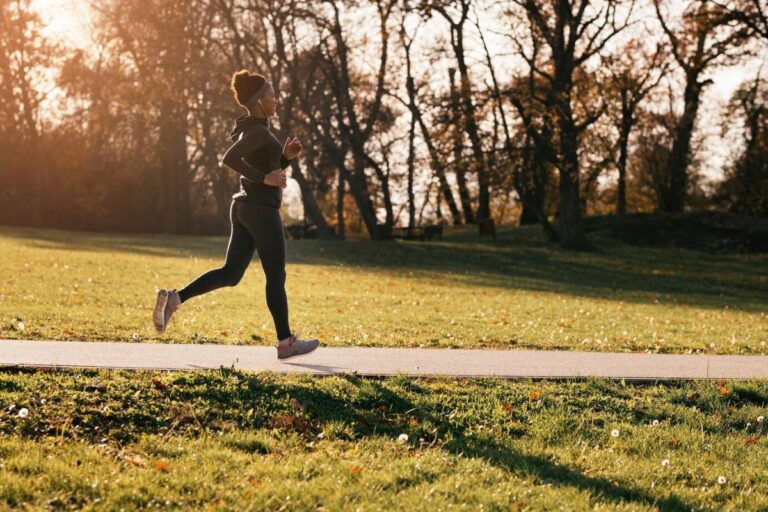Dr. Thomas Frieden, formerly the director of the Centers for Disease Control and Prevention in the US, touts that walking is “the closest thing we have to a wonder drug.” Overall, experts claim that walking is a harmless and light form of exercise that consumes calories, improves cardiovascular health, and strengthens lungs, bones and muscles. Some evident benefits from the stimulation of physical activity are an accelerated heart rate, lowered blood sugar levels, and mitigation of joint pain. Regular walking is linked to improved moods and mental health. There are some not-so-obvious benefits to walking too. Here are a few.
Helps Stabilize Weight Gain
A research experiment conducted by those who walked an hour everyday showed that walking helped reduce the impacts of weight-increasing genes in the participants’ bodies by half. Ever worry about your belly fat spilling outwards from the waist of your pants? Well, fret not. Walk around the block for an hour every night, perhaps after dinner, to put your body on autopilot mode for weight management.
Improves Immune System
In a study of 1,000 participants, walking for twenty minutes every day for five days a week helped them reduce their sick days in comparison to those who did no exercise at all. Those who did get sick had lighter symptoms and recovered sooner. This applies especially to sickness from cold and flu.
Reduces Breast Cancer Risk
Another study found that women who walked seven or more than seven hours a week had a reduced risk of breast cancer (14 percent less) compared to those who walked less than three hours each week. This was true for even those who were more prone to breast cancer due to factors such as being overweight or taking hormonal supplements.
Tones Your Leg Muscles and Abs
Walking utilizes quadriceps and hamstrings, the front and back muscles in the upper legs, and the hip abductors— also known as the gluteus minimus and gluteus maximus, part of the glutes that define the butt area—and the lower leg muscles of the calf. Surprisingly, the abs are also involved in walking, especially in the forward motion. Also known as the core of the body, these muscles are responsible for overall bodily strength and mobility. For some good definition in your tummy area, be sure to get some steps in every day.
Allows for Creative Thinking
Walking allows you to turn your mind into a blank canvas, allowing you to just observe and take in the beautiful surroundings and listen to the sounds of nature. This, in turn, leads you to having novel and creative ideas about solving existing work-related or life problems.
Reduces Stress
Studies indicate that the activity involved in walking leads to relaxation and mood improvement through the release of endorphins, which are chemicals found in the brain. When combined with meditation, the relaxing effect is compounded. Counting steps is a form of meditation that makes your mind attentive to the act of walking. So, your mind can switch from thinking about worldly troubles to concentrating on your exercise.
The Debu Team










